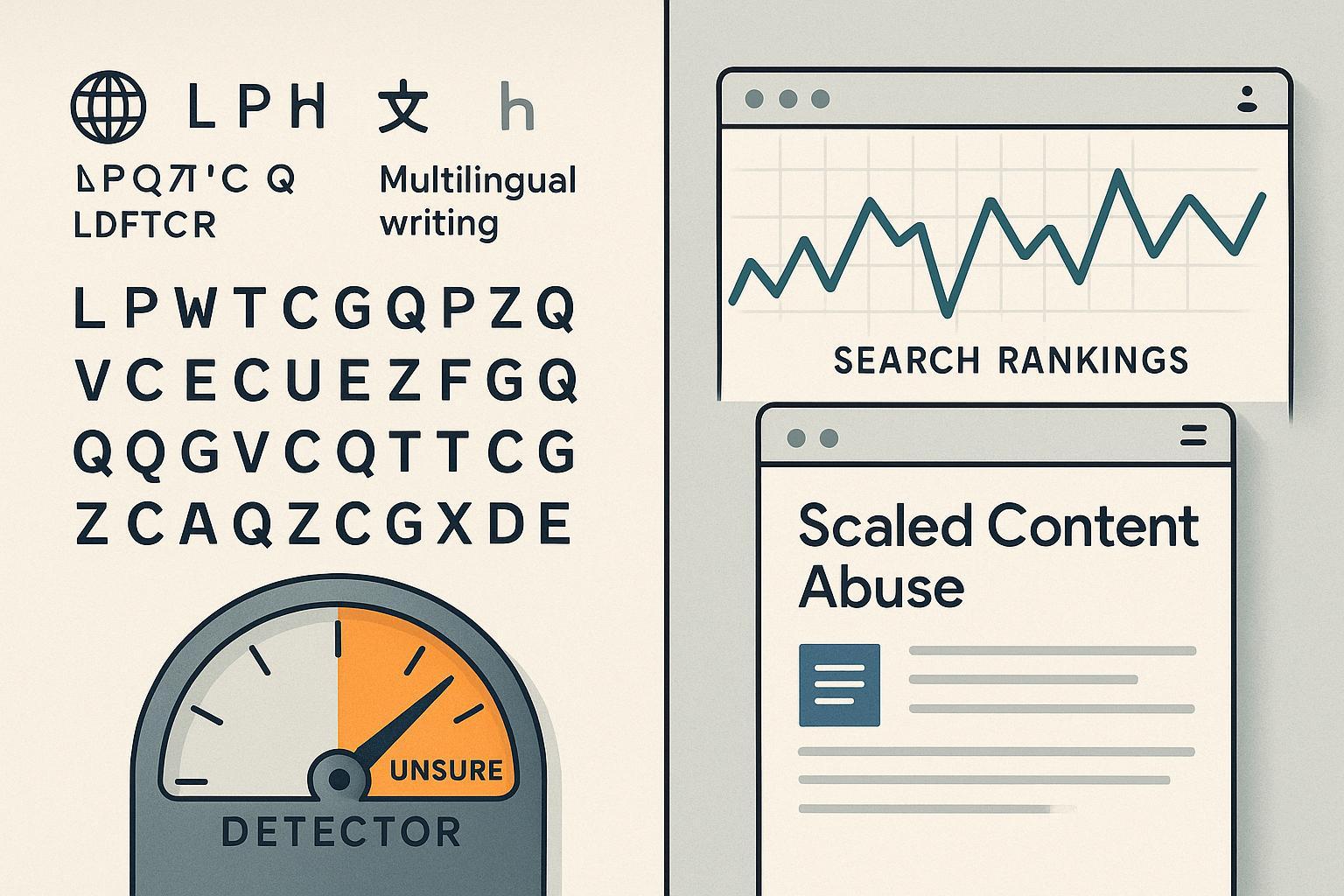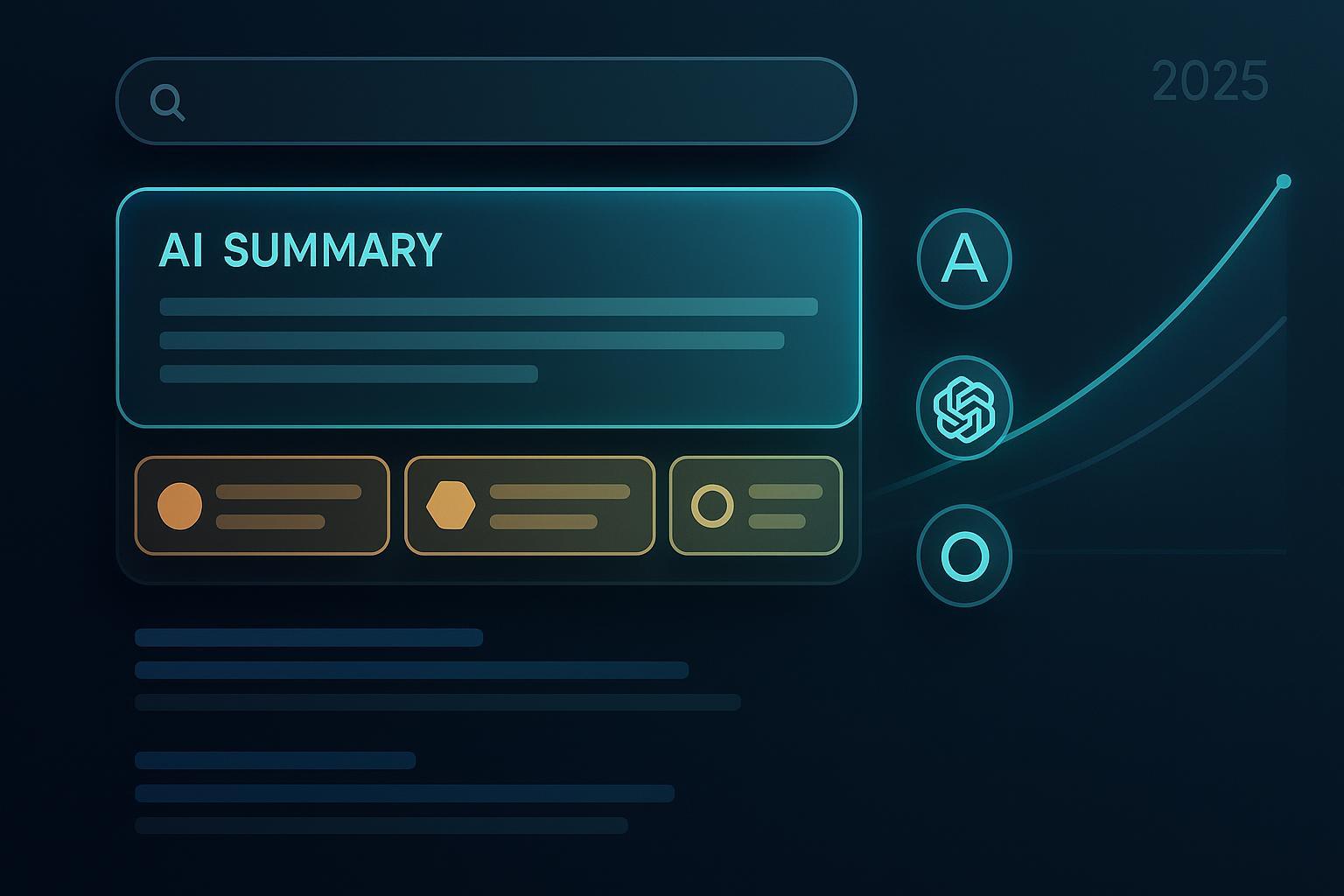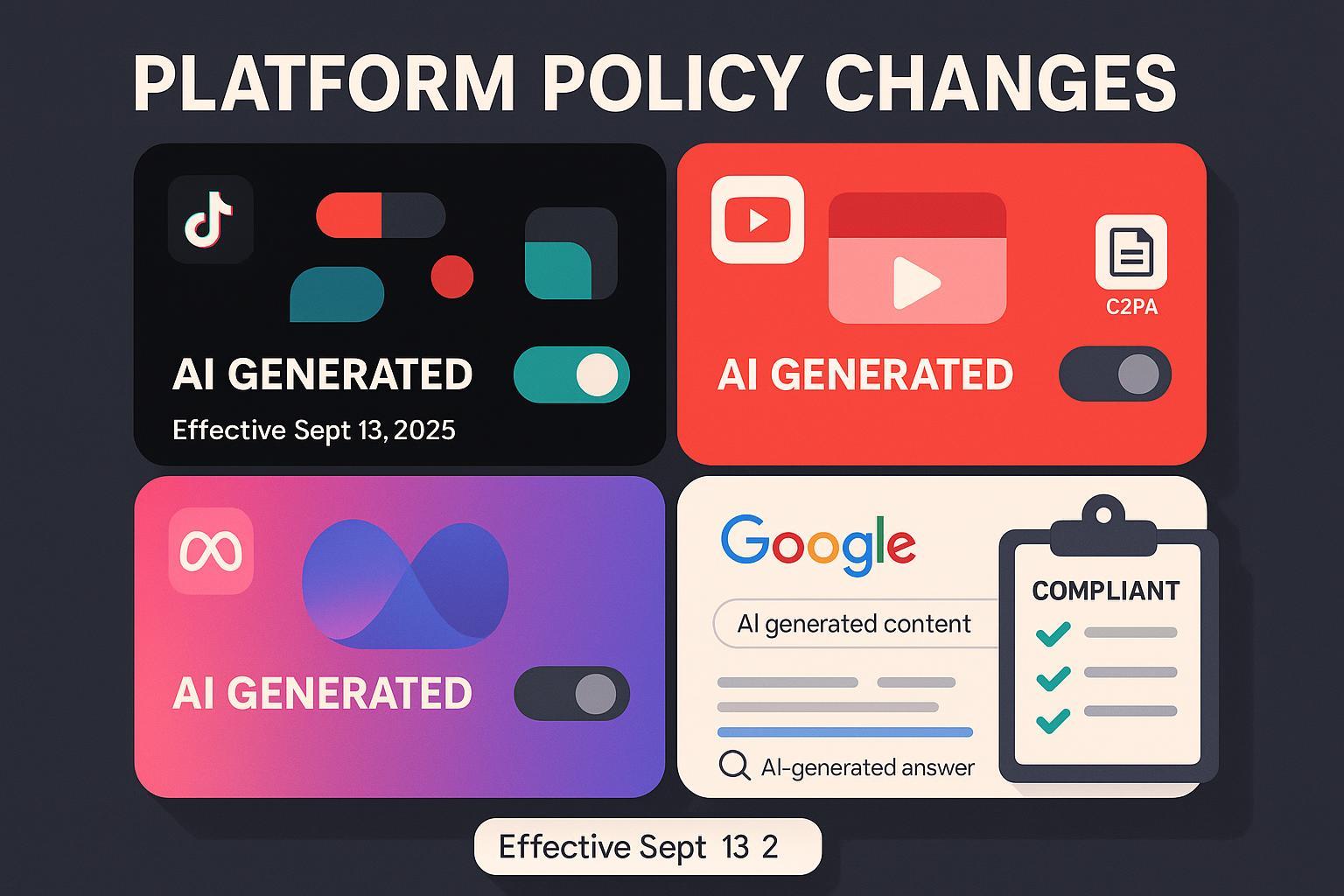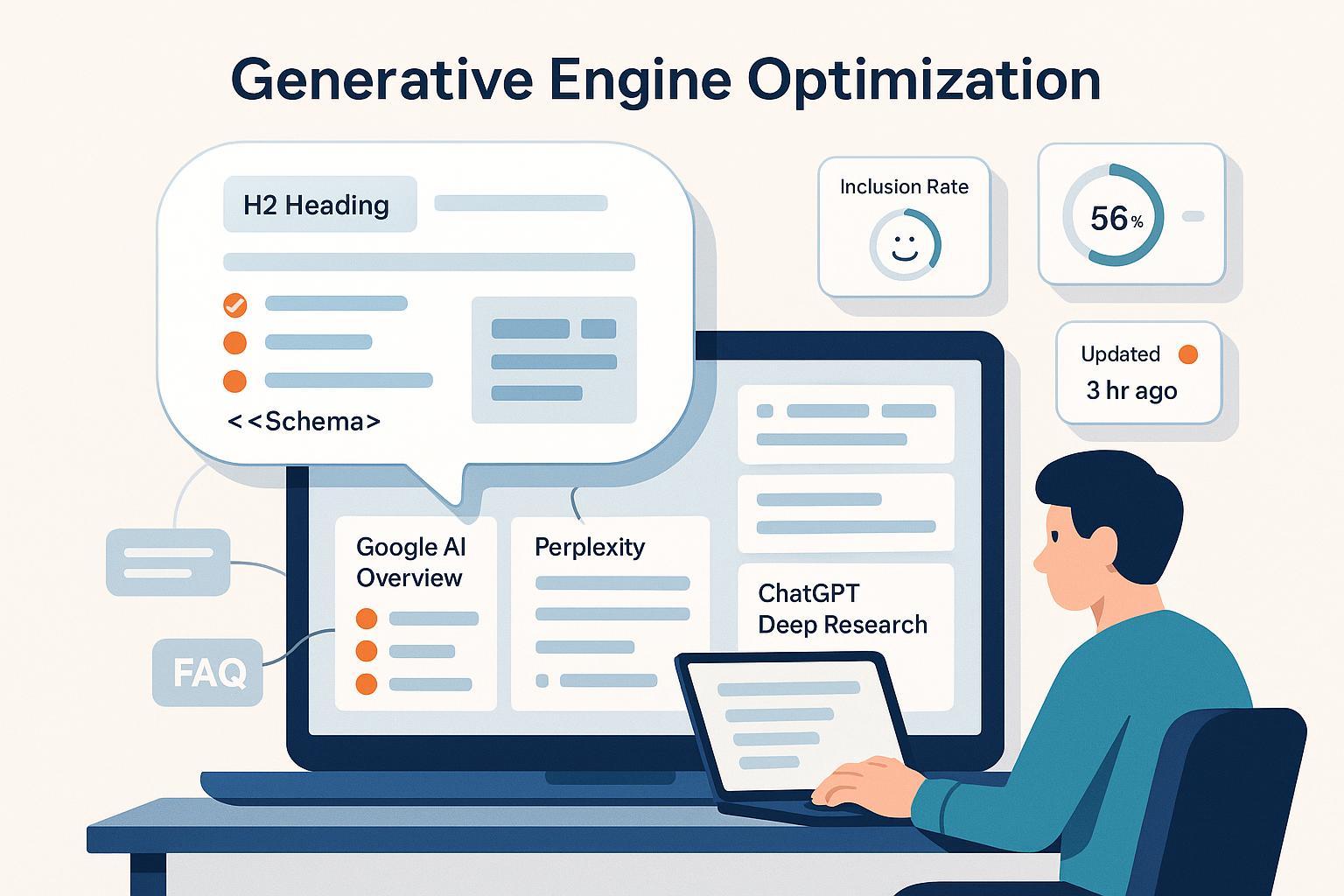What is an Editorial Calendar? Editorial Calendar Definition, Key Components & AI Applications
Discover what an editorial calendar is, its definition, key components, and real-world applications. Learn how editorial calendars drive content strategy, team collaboration, and how AI-powered tools like Geneo optimize your publishing schedule for better brand visibility and SEO.

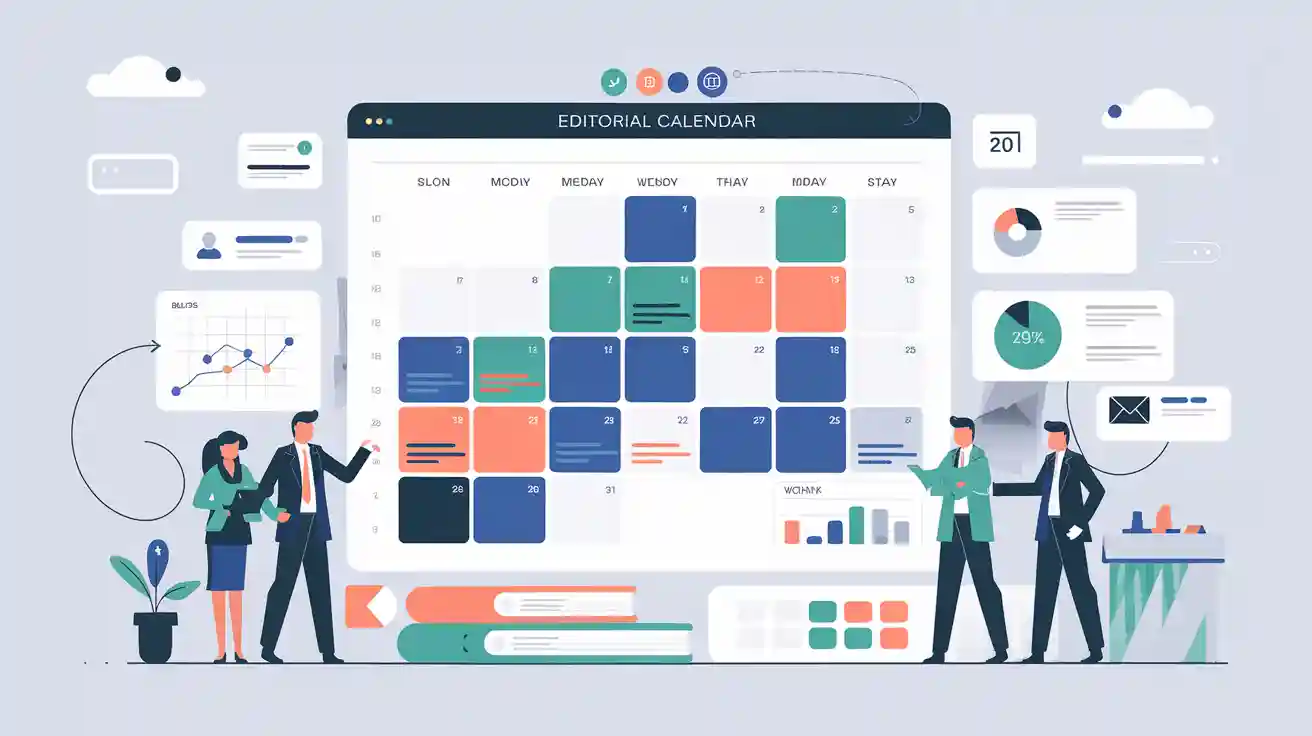
One-Sentence Definition
An editorial calendar is a strategic planning tool that schedules, organizes, and tracks content creation and publication across multiple channels to ensure consistency, alignment with business goals, and effective team collaboration.[Gartner]
Detailed Explanation
Editorial calendars originated in traditional publishing but have become essential in digital marketing, content strategy, and brand management. They provide a big-picture overview of what content will be produced, when, by whom, and for which channels—such as blogs, social media, newsletters, and email campaigns. Unlike a simple to-do list, an editorial calendar connects content production to broader business objectives, audience needs, and campaign timelines.
Modern editorial calendars often integrate with project management and content management systems (CMS), supporting workflow automation, deadline tracking, and cross-team visibility. They help marketing teams avoid last-minute scrambles, maintain a steady publishing cadence, and adapt quickly to new trends or business priorities.
Key Components
Content Topics & Types: What will be published (e.g., blog posts, videos, newsletters).
Responsible Authors & Stakeholders: Who is creating, editing, and approving each piece.
Deadlines & Milestones: Key dates for drafts, reviews, and publication.
Channels & Platforms: Where the content will appear (website, social, email, etc.).
Status Tracking: Progress indicators (e.g., idea, in progress, scheduled, published).
Calls to Action & Goals: Desired outcomes for each content piece (e.g., lead generation, engagement).
Performance Data: Metrics to review and optimize future content.
Real-World Applications
Editorial calendars are used by marketing teams, publishers, and brands to:
Plan and coordinate multi-channel campaigns and product launches
Ensure content consistency and brand voice across platforms
Align content with SEO, seasonal trends, and audience interests
Facilitate collaboration among writers, designers, and stakeholders
AI-Driven Optimization Example: With the rise of AI and analytics, editorial calendars can now be dynamically optimized. For instance, platforms like Geneo leverage AI search trend data and brand visibility analytics to recommend high-impact topics and optimal publishing times. This enables teams to adjust their calendars in real time, prioritize trending subjects, and maximize content ROI.
Related Concepts
Content Strategy: The overarching plan that defines goals, audience, and messaging; the editorial calendar operationalizes this strategy.
Content Plan: A tactical breakdown of specific content pieces and formats.
Content Calendar: Often used interchangeably, but typically refers to the day-to-day scheduling of individual posts, while the editorial calendar focuses on long-term themes and strategy.[Foundation Inc.]
Content Management System (CMS): Software for managing digital content, often integrated with editorial calendars.
Publishing Schedule: The timeline for releasing content across channels.
Visual Example
For a practical template and workflow diagram, see Miro’s Editorial Calendar Template.
Ready to take your editorial calendar to the next level? Discover how Geneo can help you optimize your content strategy with AI-powered search trend insights and brand visibility analytics.

